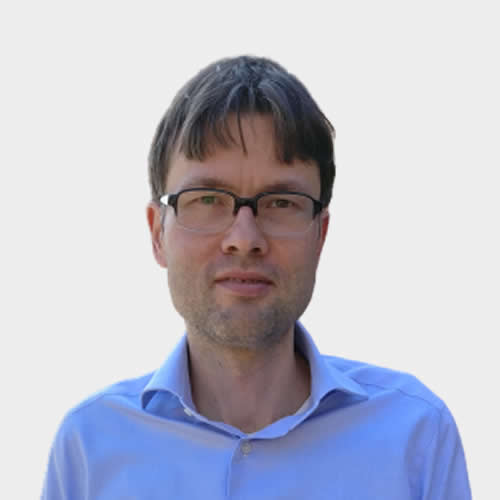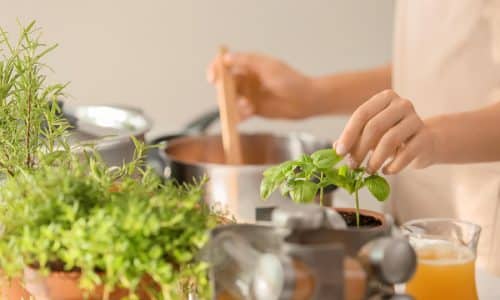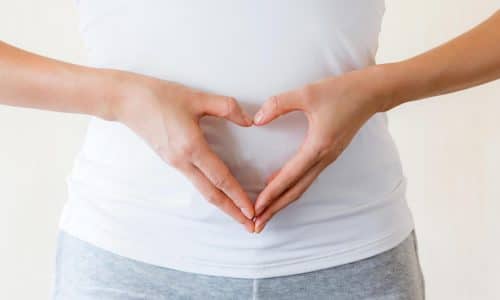Traditional Chinese Medicine
Description


What is Traditional Chinese Medicine?
Traditional Chinese Medicine (TCM) is an ancient form of healing that recognises the inseparable relationship between body, mind and nature. It is heavily influenced by Taoism, a philosophy based on harmony and natural order.
Its basic concept is that a Vital Force of life, called Qi, surges through the body. Any imbalance of Qi (also other vital substances) causes disease and illness.
TCM’s main aim is to restore the balance between the internal body organs and the external elements using specific techniques, foods and herbs according to the individual’s constitution and state of imbalance.

The Traditional Chinese Medicine Short Course teaches you:
How each food has an affinity with one or more organs – by virtue of its flavour, colour or doctrine of signature.
The signs and symptoms of imbalances and how to address them with food, herbs and lifestyle.
How to take the pulse and why it is not possible to arrive at an accurate TCM diagnosis without doing so.
Where acupuncture channels flow and what channel palpation reveals.
Improve health with an energetically balanced diet
Energetics of Food
In the West, we assess food according to its nutritional value and structure, taking into account how much carbohydrate, protein and fat (as well as micronutrients) it contains. However, in Traditional Chinese Medicine, food is considered based on its energetic properties and how these affect the body. Foods are classed as either hot, warm, neutral, cool or cold; drying or moistening; ascending, descending, centring, spreading to the exterior or consolidating.
There are five main flavours: bitter, sweet, sour, pungent and salty. Each of these flavours resonates with a particular organ. Each organ can also be supported by a particular cooking method.
Balancing these energetics helps to prevent illness and disease. And in case of imbalance, energetically right foods can be used to bring a person back to a state of equilibrium and optimal health.
What does the TCM Short Course cover?
The Traditional Chinese Medicine course is made up of four in-depth lectures that introduce traditional Chinese philosophy, nutrition, lifestyle and pharmacology; the concept of body systems in TCM; and how to choose the best foods, herbs and other approaches that can be implemented in case of different common conditions or imbalances. It teaches how to support the body’s natural healing process; how changes in nature are reflected in our body; and how each and every structure in our body is an integral and necessary part of the whole. Along with our mind, emotions, and spirit, our physical body structures form an interrelated system that is powered by life force.

Historical and cultural context of TCM
- How to differentiate pathologies according to the Eight Principles.
- Yin and Yang imbalances in the human body.
- The Five Vital Substances: Qi, Blood, Body Fluids, Jing and Shen.

TCM organs and pathologies
- TCM organs, their functions and the Chinese Clock.
- Pathologies of Qi, Blood and Body Fluids.
- Foods and lifestyle to support Qi, Blood and Body Fluids.

The four pillars of TCM diagnosis
- Diagnosis by looking, hearing, smelling, feeling and asking.
- The acupuncture channels and palpation.
- Pulse, face and tongue diagnosis.

Energetics of Foods
- Temperature and directionalities of food, and organ affinity.
- Foods that build resources, as opposed to clear excess.
- The impact of cooking methods and combining ingredients.
TCM – A Pathway to Natural Healing
About the lecturer
Attila Szanto mANP rGNC
Qualifications: Ph.D. in Sociology, CNM Diplomas in Acupuncture and Naturopathy, CNM Certified Clinical Supervisor.
Background: Attila Szanto is the CNM Acupuncture Diploma Course Director and Clinical Supervisor. He teaches Acupuncture at the college specialising in TCM (Traditional Chinese Medicine) diagnostic techniques such as pulse, tongue and face. As an Acupuncturist and Naturopath, Attila specialises in Chinese dietary therapy, musculoskeletal pain and digestive disorders.

Who should take this course?
This course is suitable for natural health students and practitioners of different modalities, as well as Tai Chi and Qi Gong teachers, massage and acupressure therapists, but also everyone who appreciates the interconnected nature of the energetic forces within the body and the factors that can influence them.
TCM believes that by achieving harmony, you bring better improved health, well-being and much needed sustainability.
TCM course is drawn from the Naturopathy Diploma and is focused on the theories of Yin and Yang; the Five Elements and Vital Substances; the Eight Principles; TCM organs and their functions; acupuncture channels, pulse and tongue diagnosis; and the energetics of food. Therefore, it wonderfully complements Nutritional Therapy.
Study Online
- Study in your own time.
- Study from anywhere in the world.
Award
CNM Certificate in Traditional Chinese Medicine.
Recognition
Continuous Professional Development (CPD): This course is worth 60 CPD points awarded by the Association of Naturopathic Practitioners (ANP).
If there is free flow, there is no pain;
if there is pain, there is lack of free flow.
Huang Di Nei Jing
Location
CNM London, 25 Percy Circus, London WC1X 9EU
6 Tuesday evenings from 6.30 pm – 9 pm
£395.00




